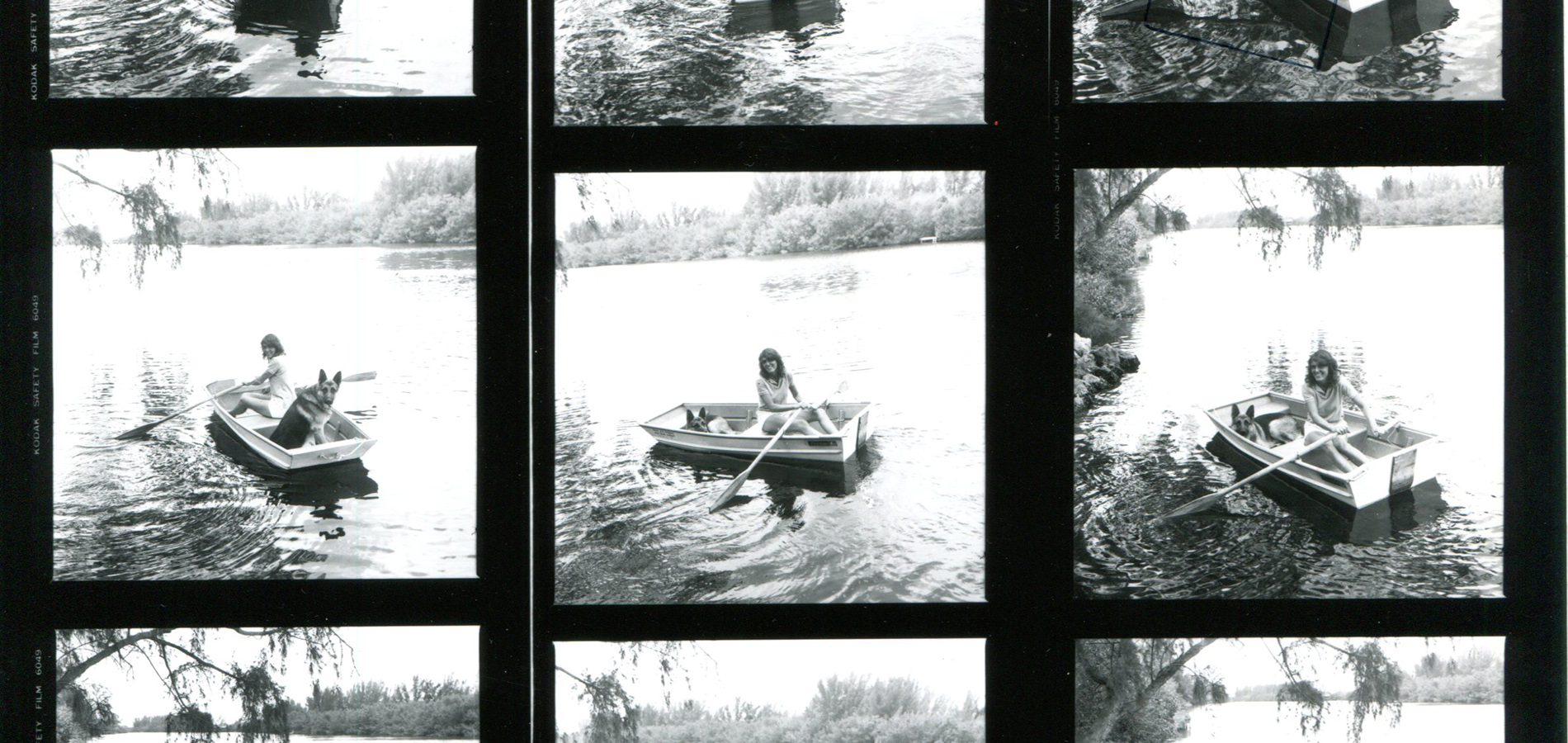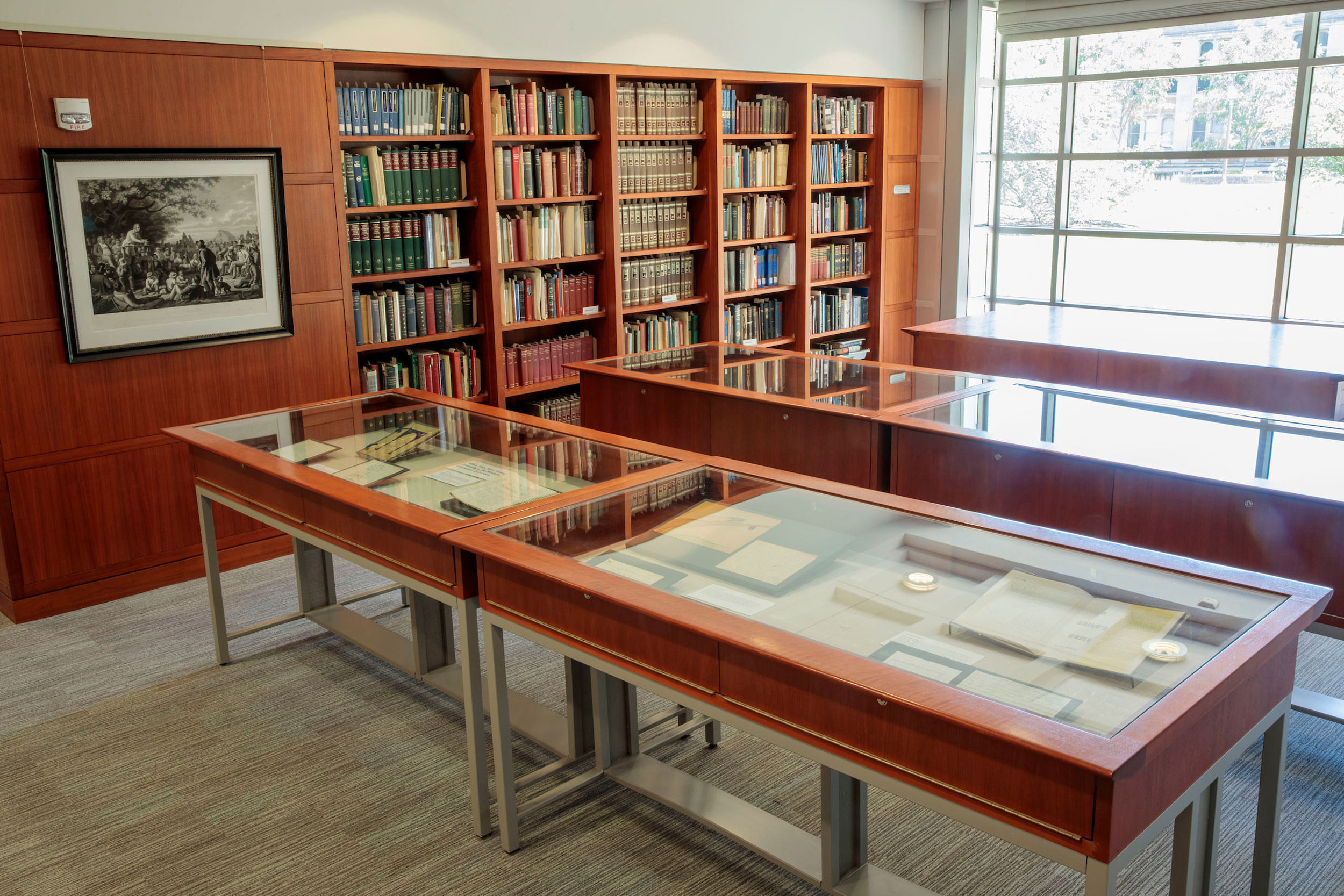William H. Gass
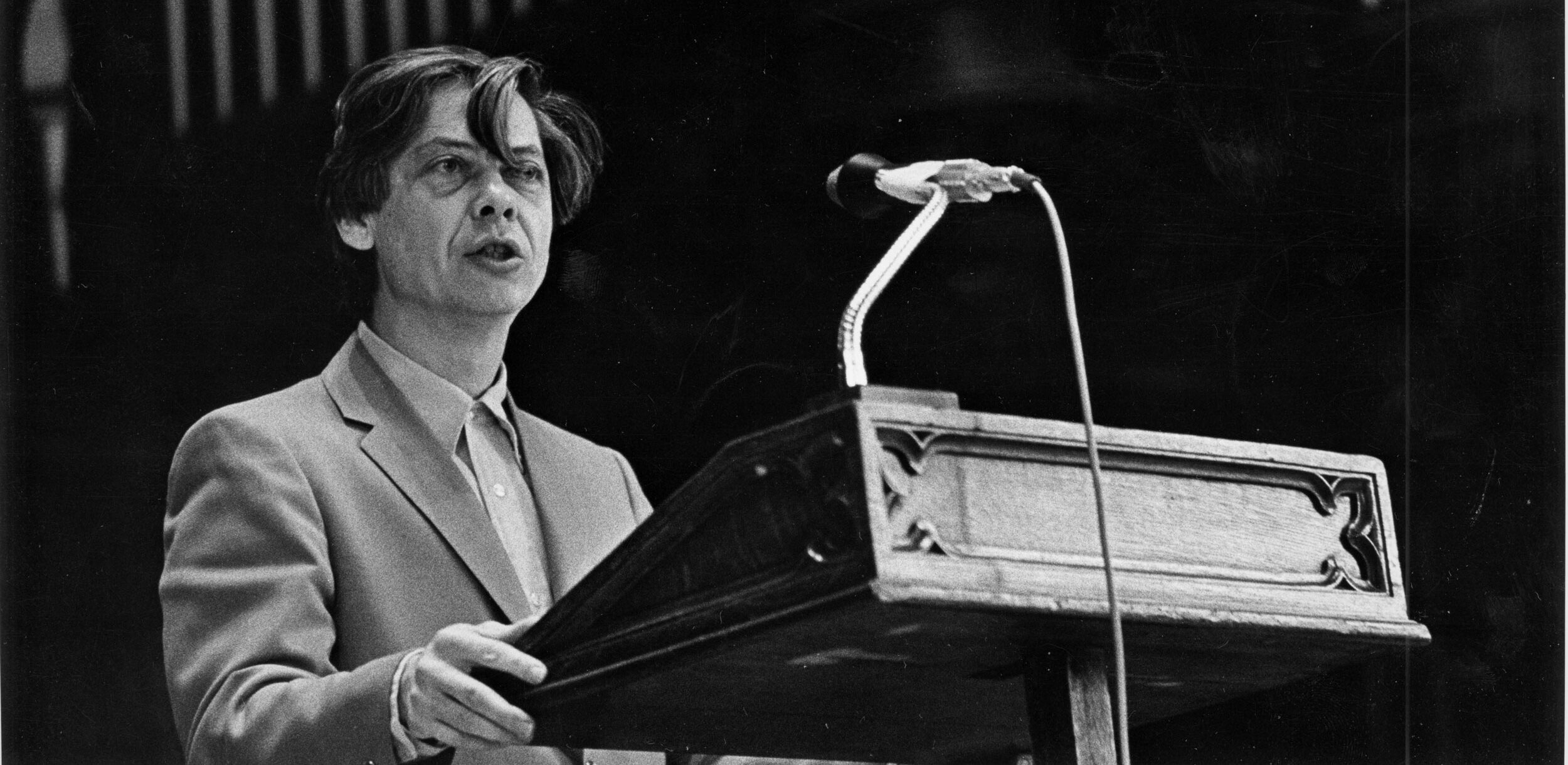
William Howard Gass (July 30, 1924 – December 6, 2017) was an American novelist, short story writer, essayist, critic, and former philosophy professor.
Born in Fargo, North Dakota, Gass grew up in Warren, Ohio, where he graduated from Warren G. Harding High School. He has described his childhood as an unhappy one, with an abusive, racist father and a passive, alcoholic mother. Gass attended Wesleyan University and served as an Ensign in the Navy during World War II for three and a half years. Gass earned his A.B. in philosophy from Kenyon College in 1947 where he graduated magna cum laude. From there Gass entered Cornell University as a Susan Linn Fellow in philosophy and by 1954 had earned his Ph.D. in that subject. William H. Gass’s dissertation, “A Philosophical Investigation of Metaphor,” was based on his training as a philosopher of language.
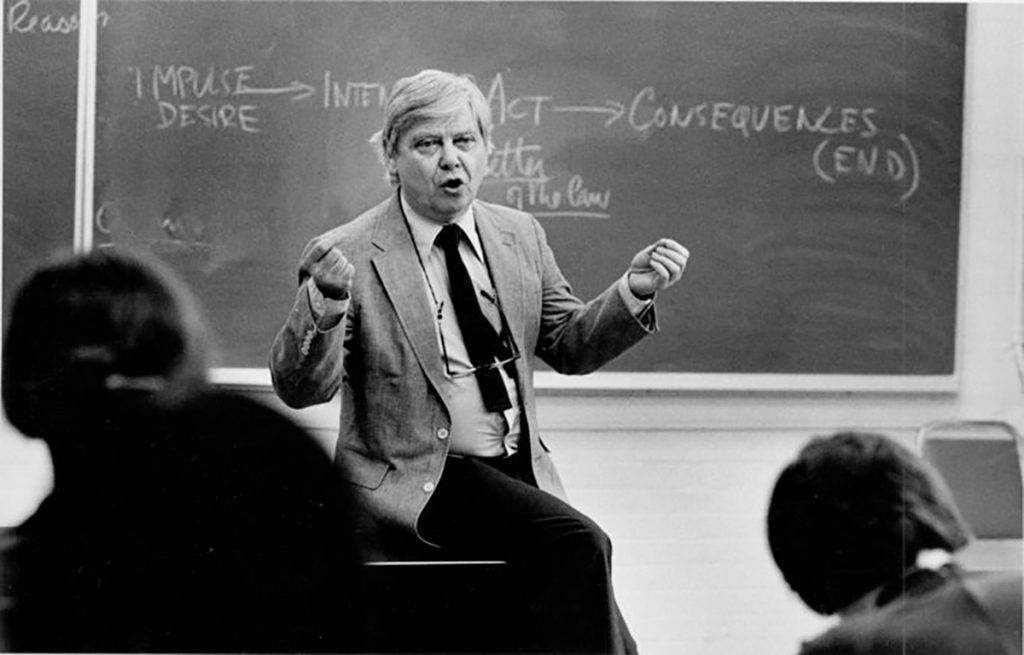
Gass taught at the College of Wooster for four years, Purdue University for sixteen, and Washington University in St. Louis for thirty years, where he was a professor of philosophy (1969–1978) and the David May Distinguished University Professor in the Humanities (1979–1999). Since 2000, Gass was the David May Distinguished University Professor Emeritus in the Humanities.
In 1990, Gass founded the International Writers Center at Washington University, whose purpose was to “build on the strengths of its resident and visiting faculty writers; to serve as a focal point for writing excellence in all disciplines and in all cultures; to be a directory for writers and writing programs at Washington University, in St. Louis, in the United States, and around the world; and to present the writer to the reader.”
Gass’s first novel, Omensetter’s Luck, about life in a small town in Ohio in the 1890s, was published in 1966. Critics praised Gass’s linguistic virtuosity, establishing him as an important writer of fiction. In 1968, he published In the Heart of the Heart of the Country, five stories dramatizing the theme of human isolation and the difficulty of love. That same year Gass published Willie Masters’ Lonesome Wife, an experimental novella illustrated with photographs and typographical constructs intended to help readers free themselves from the linear conventions of narrative. He also published several collections of essays, including Fiction and the Figures of Life (1970) and On Being Blue (1976).
Despite his prolific output, Gass said that writing was difficult for him. His epic novel The Tunnel, published in 1995, took Gass twenty-six years to write. He published sections of the novel over the years, and similarly published sections of his last novel, Middle C, in various literary publications, before it became a book in 2013. Gass continued to publish short fiction as well, often in the “metafiction” (a term he coined) vein of his earlier work. These stories were collected in Cartesian Sonata in 1998 and Eyes in 2017. The William Gass Reader, containing essays, criticism, and fiction, was assembled by Gass and published posthumously, in 2018.
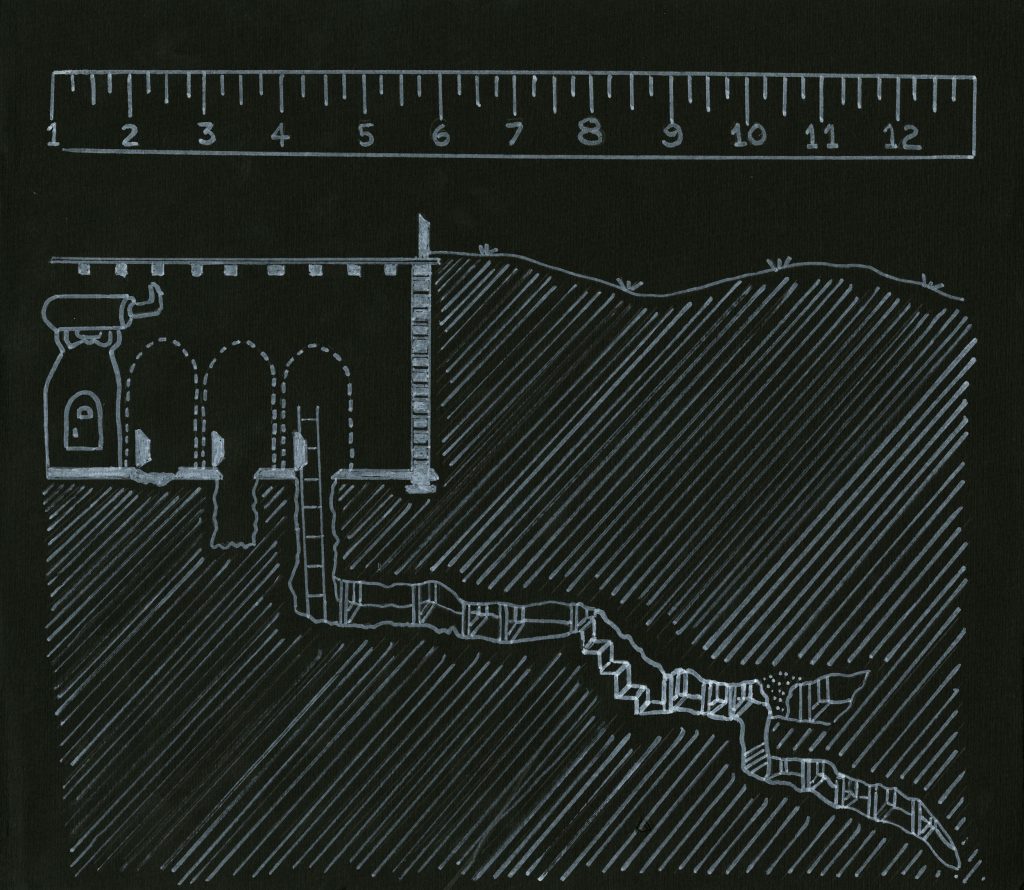
Gass received many awards and honors, including grants from the Rockefeller Foundation in 1965 and the Solomon R. Guggenheim Foundation in 1970. He won the Pushcart Prize awards in 1976, 1983, 1987, and 1992, and in 1994 Gass received the Mark Twain Award for Distinguished Contribution to the Literature of the Midwest. In 1975, he received the American Academy and Institute of Arts and Letters Award for Fiction and the American Book Award for The Tunnel in 1997. In 2000, William H. Gass was honored with the PEN/Nabokov Award and the PEN/Nabokov Lifetime Achievement Award, which he has called his “most prized prize.” Gass received the National Book Critics Circle Award for Criticism three times, for Habitations of the Word (1985), Finding a Form (1997), and Tests of Time (2003).
Related Video Materials
- William H. Gass Playlist | Playlist of Gass introducing William Gaddis and of Gass reading his work on the Modern Literature Collection’s YouTube channel.
- International Writers Center Playlist | Various speakers at IWC conferences on the Modern Literature Collection’s YouTube channel.
- William H. Gass: His Life and Legacy | Videos of speakers at an event to pay tribute to William H. Gass at Washington University in 2018. From the Modern Literature Collection’s YouTube channel.
- William H. Gass Symposium | Various speakers at the 2016 symposium on William H. Gass and international writers and translation at Washington University. From the Modern Literature Collection’s YouTube channel.
Access these Materials
Explore the William H. Gass Research Guide
Search the William H. Gass Papers on ArchivesSpace
Search the International Writers Center Archive on ArchivesSpace
Explore the digital exhibitition William H. Gass: The Soul Inside the Sentence
Contact
- Department
- Special Collections, Special Collections, Preservation, and Digital Strategies
- Name
- Joel Minor
- Job Title
- Curator of Modern Lit Collection/Manuscripts
- Email Address
- joelminor@wustl.edu
- Phone Number
- (314) 935-5413


